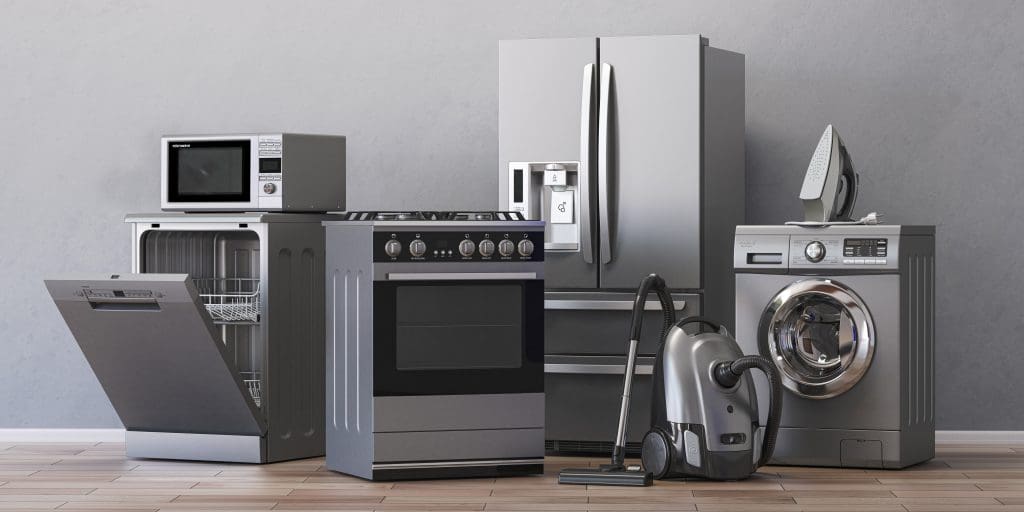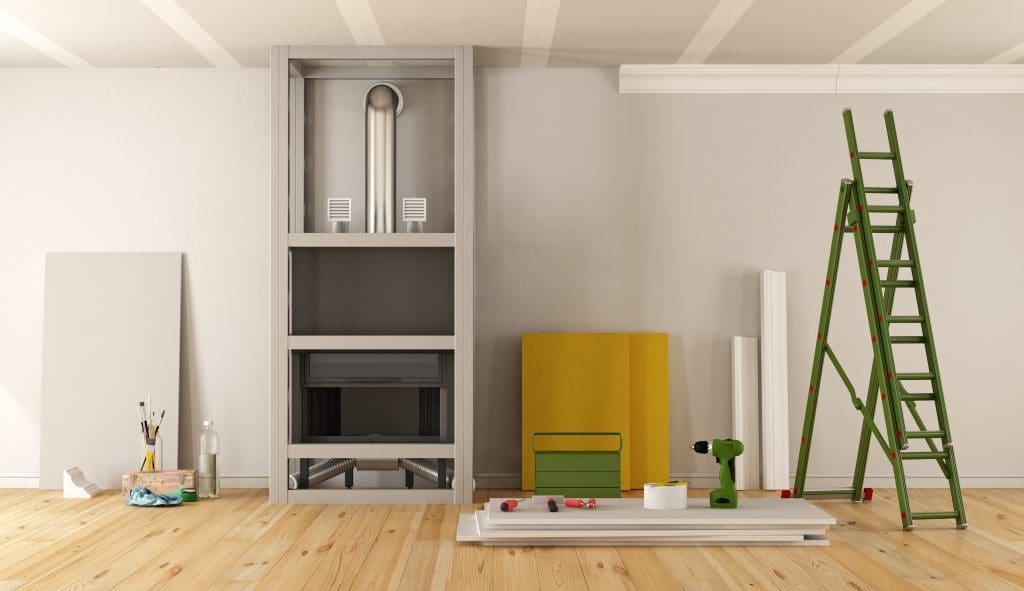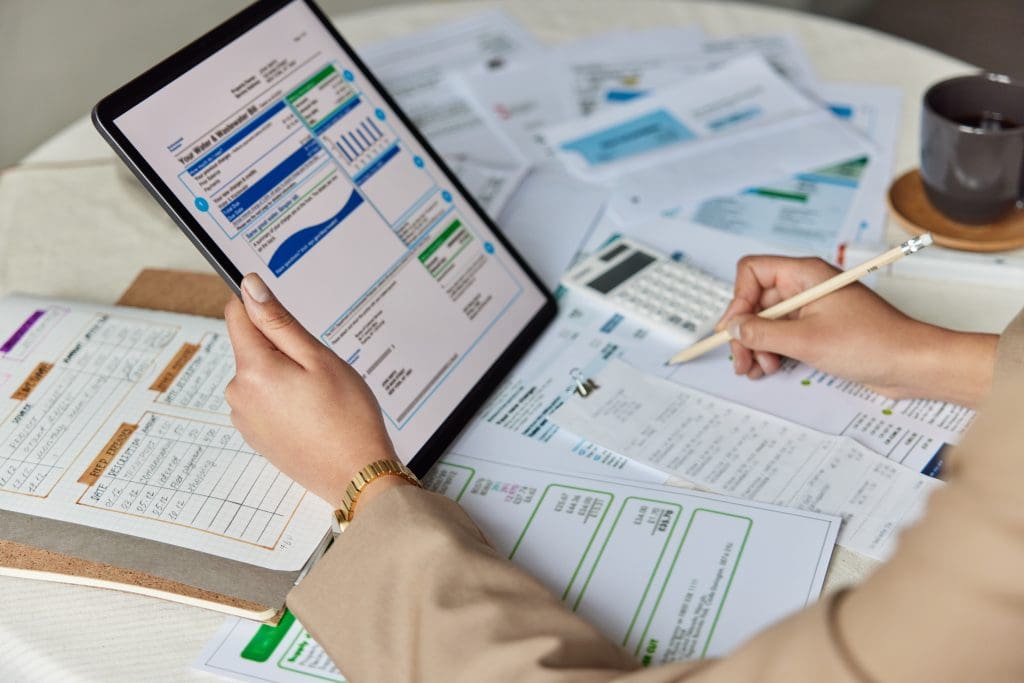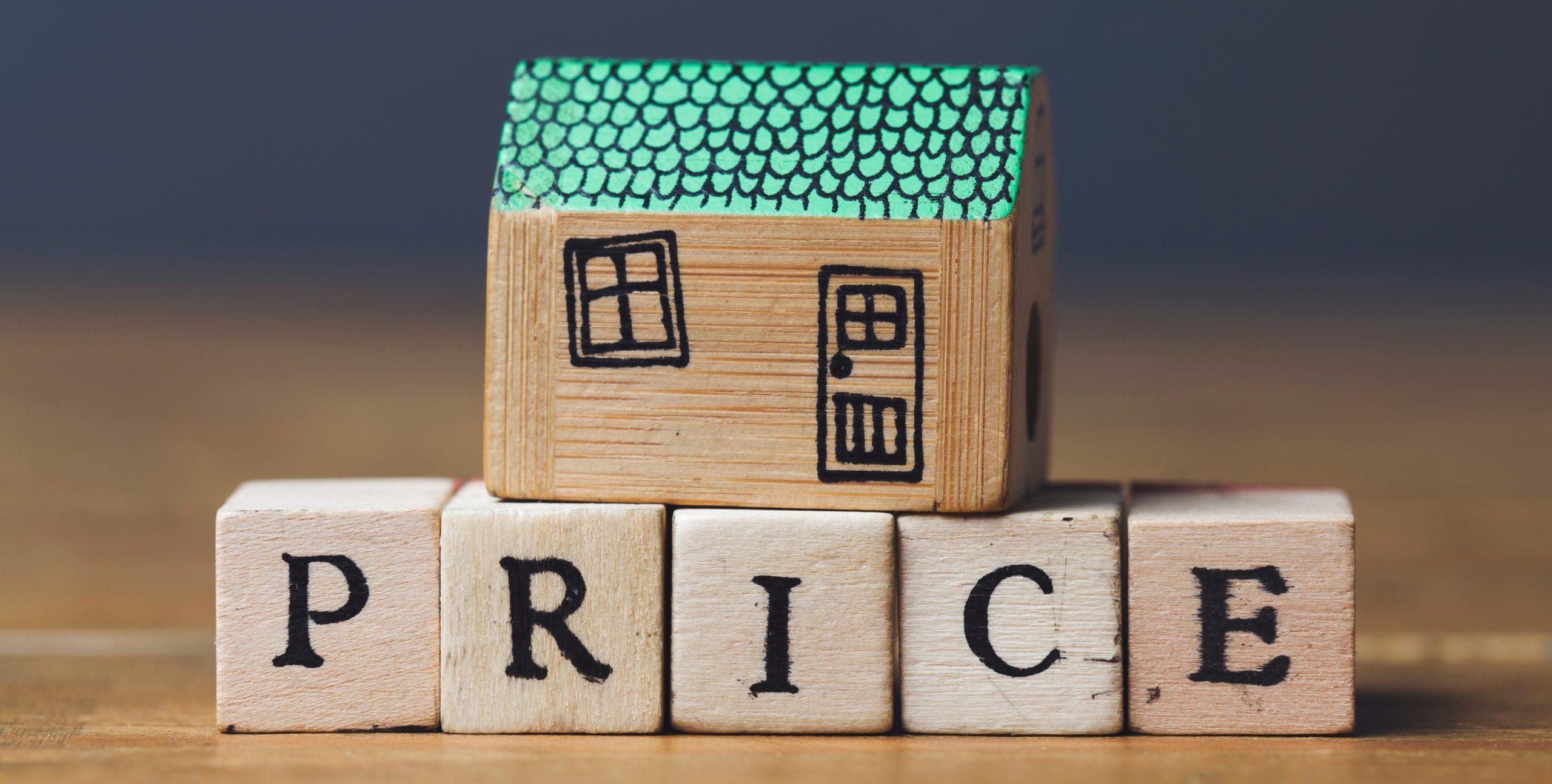When buying a home, it’s important to be aware of all of the potential costs that may come up. There are a lot of overlooked costs that can end up being quite expensive. Here are some of the most commonly overlooked expenses when buying a home.
The down payment is not the only cost when buying a home – there are also closing costs
When buying a home, it can be easy to focus solely on the down payment – which can be thousands of dollars in itself – and overlook the additional closing costs involved. From legal fees to appraisal fees, these costs can easily add up, ranging from a few hundred dollars to thousands of dollars. Potential homeowners need to understand the full range of costs associated with a home purchase to efficiently manage their budget and ensure they are adequately prepared for this major financial investment.
Don’t forget the cost of furniture and appliances

Moving into a new home is an exciting milestone, but it can also be expensive. As you budget for this transition, don’t forget to consider the cost of furniture and appliances such as refrigerators, washers, dryers, and televisions. In some cases, these items can add up quickly, eating away at your budget before you know it. To ensure that you do not exceed your limit, research the costs in advance so you avoid any unwelcome surprises when purchasing your household items. These small financial precautions now can save you big on your journey to settling into your new home. In many cases, you will want to hold off on any purchases til the mortgage is funded, as it can affect your credit score and qualification. Discuss this with your lender prior to making any purchases of this nature.
Moving costs
Moving to a new home can be an exciting but expensive process. Hiring professional movers can help the job go more smoothly, but the cost can add up quickly. It is important to plan your move carefully and factor in all associated expenses. Depending on the size of the move, renting a truck or van may be a cheaper option than hiring professionals, so it is worth investigating all your options. Ultimately, researching different solutions ahead of time can save significant money and make for an even smoother transition into your new home.
Repairs and renovations that may need to be done

Having money set aside for home repairs and renovations is essential to maintain a safe and comfortable living space. It is important to plan to ensure that you are prepared when unexpected issues arise, such as leaky faucets or kitchens that need remodeling. Careful budgeting will help you build an emergency fund that can be used in times of crisis, making sure that necessary repairs don’t go ignored or cause more expensive damage down the road.
Additionally, if you have the necessary financial means, preventive maintenance can provide significant long-term cost savings by preventing wear and tear from becoming inevitable. Saving for home repairs should not be a daunting task; it’s simply a matter of setting realistic goals which will enable you to properly care for your new home.
Higher utility bills

Buying a home is a big decision, and there are many considerations that potential homeowners need to keep in mind. It is important to remember that with the purchase of a home comes potentially increased utility costs. The majority of homes have greater square footage than apartments or condos, meaning that it can take more energy to heat and cool them. As a result, it is wise for potential homeowners to factor higher utility bills into their overall cost estimates when budgeting for the purchase of a home. By doing so, they can ensure that their decision will be both financially sound and comfortable!
There are several costs to take into consideration when budgeting for a new home, beyond just the down payment. These include closing costs, furniture and appliances, moving expenses, and repairs and renovations that may be necessary. Additionally, keep in mind that utility bills will likely be higher in a standalone home than they were in your previous apartment or condo. By being aware of all potential cost factors upfront, you can better prepare yourself financially for the purchase of a new home.
#homebuying #overlookedexpenses #closingcosts #furnitureandappliances #movingcosts #homerepairs #utilitybills #budgeting

Richard has extensive experience in all aspects of buying and selling residential property. He has sold more than 400 homes and well over $100 million in residential real estate. There’s no need to guess. Get expert advice that will allow you to buy and sell with confidence and ease.
For neighborhood guides about Decatur and other intown neighborhoods, click here.
To learn more about the value of your home, please complete the form here.
If you are looking to purchase a home, please reach out here. We would love to help you have a wonderful buying experience.
You can always reach us through the Contact Us page here as well.
